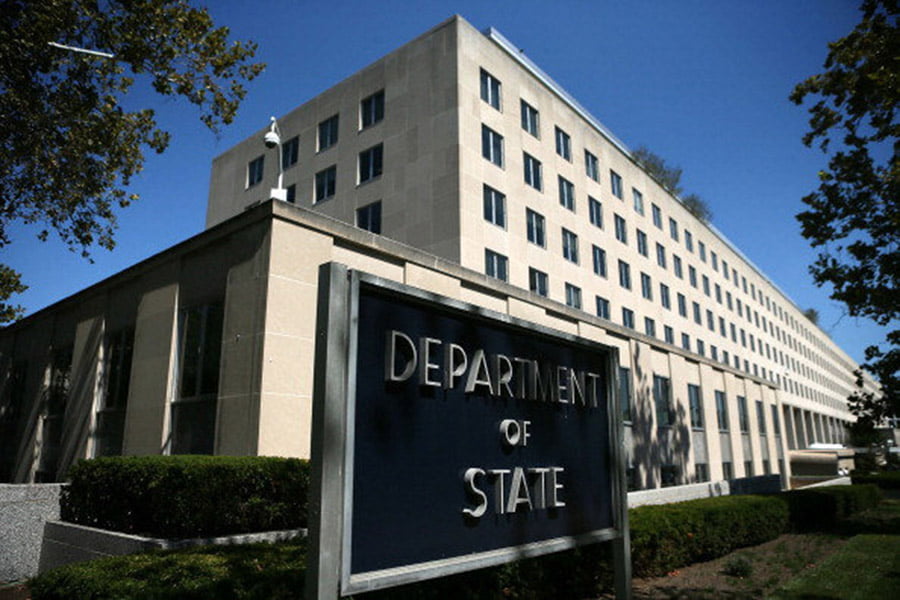On September 10, U.S. State Department released 2020 Investment Climate Statement on Georgia. Overall, the State Department assesses Georgia as “a small but open market,” that has “made sweeping economic reforms since 1991 that have produced a relatively well-functioning and stable market economy.” It noted regarding investor-state dispute settlements, however, that despite improvements, “there remains indications of interference in judicial independence and impartiality.”
The report discusses comprehensively the legal framework for doing business in Georgia, regulations, property rights, financial sector, including capital markets and the banking system, Georgia’s various free trade agreements and bilateral investment treaties, government’s successful efforts in privatizing the vast majority of large state-owned enterprises and in fighting petty corruption.
The State Department positively assesses Georgia’s openness, especially to foreign investments, the ease of doing business and its fiscal and monetary policy oriented on low deficits and low inflation, with public debt and budget deficits remaining under control.
The report notes that business and investment conditions in Georgia are sound, however “some companies have expressed an increasing lack of confidence in the judicial sector’s ability to adjudicate commercial cases independently or in a timely, competent manner, with some business dispute cases languishing in the court system for years.”
According to the State Department, there are also “complains regarding inefficient decision-making processes at the municipal level, shortcomings in the enforcement of intellectual property rights, lack of effective anti-trust policies, selective enforcement of economic laws and difficulties resolving disputes over property rights.”
The State Department also notes that there are indications of interference in judicial independence and impartiality, with judges being vulnerable to political pressure. According to the report, disputes over property rights have at times undermined confidence in the impartiality of the Georgian judiciary and although the government has identified judicial reform as a top priority, politically sensitive cases are still vulnerable to political pressure. The State Department asserts that the High Council of Justice is dominated by a group of anti-reform judges who, according to civil society, apply pressure on judges in politically sensitive cases. The report says that over the past 10 years, there have been over a dozen investment disputes involving U.S. citizens, out of which five were still ongoing as of 2019.
Another important subject discussed in the State Department statement is the Anaklia Deep Sea Port project and the termination of the contract with Anaklia Development Consortium in 2020. The State Department notes that the Georgian government has planned to re-tender the project, while Pace Group launched a USD 120 million project to develop a new port terminal and APM Terminals announced plans to create a deep-sea port in Poti.
The report also briefly mentions the June 2019 protests, noting that hundreds were injured when protesters attempted to enter the Parliament, “including some who suffered severe eye injuries due to police use of rubber bullets.”
This post is also available in: ქართული (Georgian) Русский (Russian)

